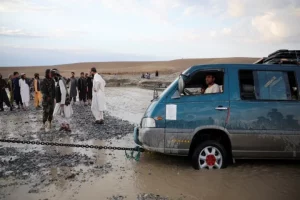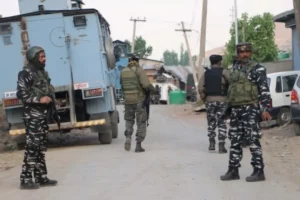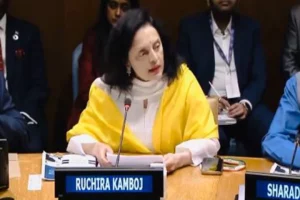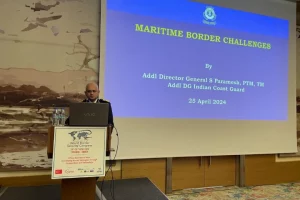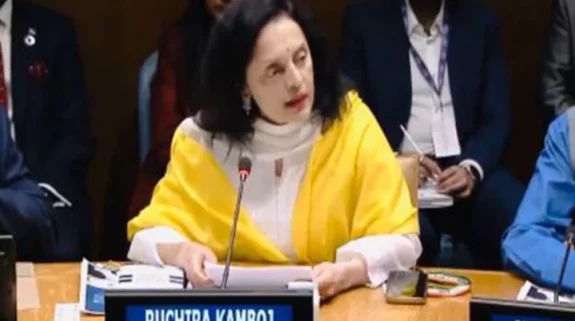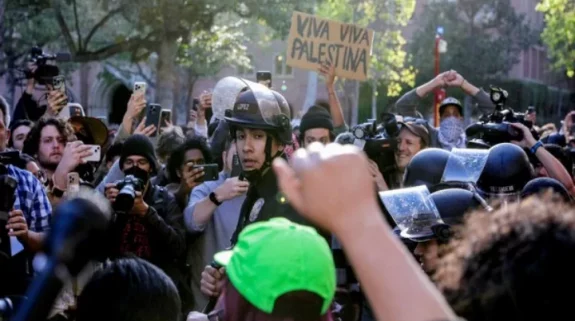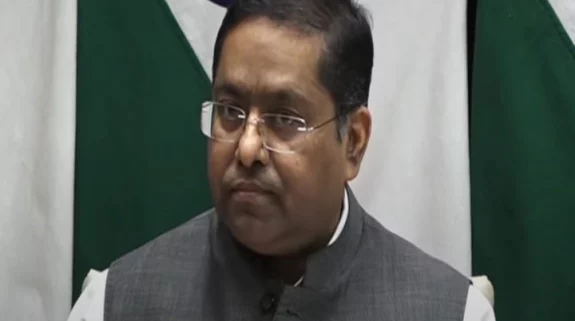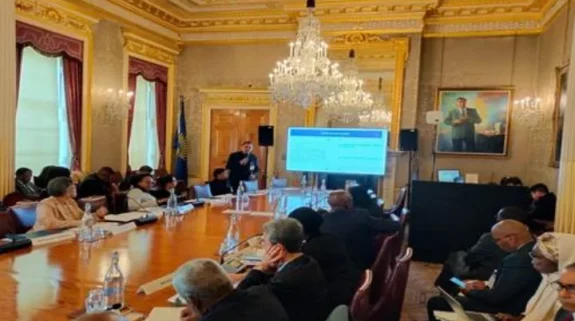Even though China has left India with no option but to go in for a military build-up on the northern border, New Delhi still sincerely believes that talks are the only way out for resolving differences with Beijing.
Defence Minister Raj Nath Singh met his Chinese counterpart General Wei Fenghe on the sidelines of the Shanghai Co-operation Organisation (SCO) conference in Moscow on Friday in the first minister-level talks after the Ladakh crisis. Singh is reported to have emphasized the need for both countries to withdraw their troops to the positions they occupied in April and scale down the military presence on the border.
External Affairs Minister S. Jaishankar has clearly stated that a “solution to the current India-China crisis has to be found in the domain of diplomacy.” With this in mind he plans to meet his Chinese counterpart Wang Yi during his visit to Moscow for the SCO foreign ministers conference on September 10. Speaking at the launch of his book in New Delhi, Jaishankar said the crisis should be resolved through dialogue and negotiation. It is vital for both countries to reach an accommodation, he added.
The meeting of the defence ministers of the two countries has come as a welcome development which the two countries can build upon at the foreign ministers meeting. Jaishankar is an old China hand, having served as India’s ambassador to Beijing, and this was one of the main reasons for Prime Minister Narendra Modi to have brought him centre stage to spearhead decisions on India’s foreign policy, first as external affairs secretary and then as minister. The decision shows the importance that the Prime Minister attaches to India-China relations. This was also reflected in his various meetings with Chinese President Xi Jinping both in India and China.
However, as China’s relationship with the United States turned sour due to the trade dispute and then worsened in the wake of the Covid-19 pandemic, Beijing started viewing India-US diplomatic ties with suspicion. The dragon sees its own geopolitical interests as paramount and while it has always had a pro-Pakistan tilt, it stepped up its interference in Nepal as well to add to India’s problems.
Jaishankar is of the view that China should not view India’s relationship with the United States as being opposed to the interests of Beijing in any way.
With Chinese troops intruding into the Indian side of the Line of Actual Control (LAC) and occupying positions of advantage on the mountain tops, India was forced to bring in more troops and take charge of strategic points within Indian territory to checkmate China.
While much is being made out of Indian troops digging in at vantage points south of the Pangong Lake, the truth is that this is a defensive move. Because if they had not done so, the strategic town of Chushul would become vulnerable. This would have opened the gates for an expansionist enemy to attempt an onward assault on Leh, the capital of Ladakh.
China appears to be following Mao’s dictum “political power flows from the barrel of a gun,” both in letter and spirit as it chalks out an expansionist policy. However, times have changed and Beijing is getting increasingly alienated in the comity of nations.
China’s power play in the South China sea has prompted the US to step up its naval presence in the region to rein in what US Secretary of State Mike Pompeo has called China’s “bullying” of smaller neighbors and keeping the sea lanes open for international trade.
Beijing’s increasingly dominant attitude has made neighboring nations wary of the dragon. Thailand is the latest country to turn cautious as media reports state it has decided to scrap the Kra Canal project in its territory which Beijing wanted to build in order to create a short cut to the Indian Ocean for its naval fleet. The over 1,000 km distance that Chinese ships have to currently traverse from their bases in the South China Sea to the Indian Ocean via the tip of Malaysia would have been reduced to a mere 120 km through the proposed canal.
Meanwhile, the Indian and Chinese foreign ministers on Friday participated in the virtual BRICS meeting which included Brazil, Russia, and South Africa as the other members. Chaired by Russia the conference expressed concern over “violence and conflicts in different parts of the world that have a significant impact at both regional and international levels.’’ The conference also concurred that “irrespective of their historical background and nature, conflicts should be resolved by peaceful means and diplomatic engagement in line with principles and norms of international law, particularly the UN Charter.”
The statement augurs well for the two Asian neighbors as they head for the SCO foreign ministers meeting and provides a good opportunity for the dragon to make amends..








